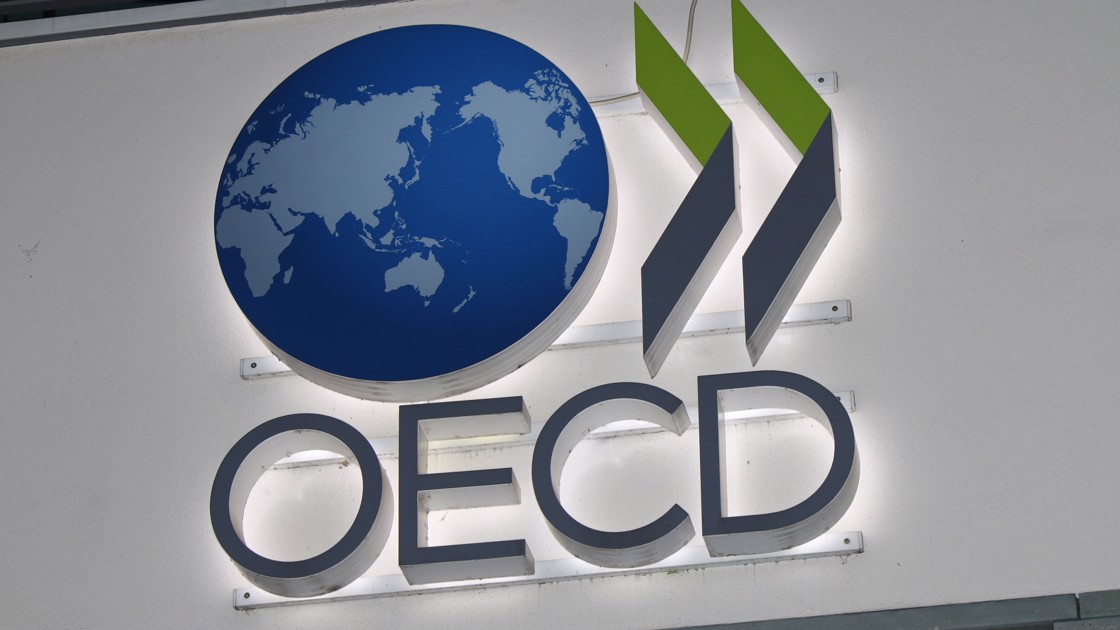The 92nd session of the OECD Steel Committee on 19-20 September, in Paris, saw governments, employers, trade unions and other stakeholders back in person for the first time in almost three years. The energy crisis and the war in Ukraine set a bleak and challenging backdrop to the two-day event, with unions calling on the Committee to consider the impact of the challenges on the people at the centre of the industry, the steelworkers.
For the first time, the agenda of the Steel Committee gave adequate space to trade union representatives to present workers’ priorities for a Just Transition. TUAC and its partners, the global and European trade unions, described the challenges that the digital and green transition pose to steelworkers and the actions trade unions and the OECD can take to help navigate the process, encouraging the Steel Committee to pay due attention to labour dynamics in the sector, as part of its mandate.
The message was reflected in the Chair’s statement, acknowledging for the first time «the importance of promoting a just transition of the workforce in this process of steel industry adjustment.
Veronica Nilsson, Acting General Secretary of TUAC, commented:
”Decarbonisation of the steel industry is a global priority and OECD countries must show real leadership in this field while ensuring that the transition is managed responsibly. TUAC will continue to raise trade union concerns in all relevant OECD bodies, asking Members to take concrete action for a Just Transition in the steel sector and beyond.”
Various experts took to the floor to present the impact of the energy crisis on the steel sector, including its impact on the challenge of decarbonising this energy intensive sector. The war in Ukraine and subsequent sanctions against Russia continue to put pressure on the sector, both in terms of access to and the price of energy and raw materials.
There was consensus between the OECD members that greater effort is needed to decarbonise the sector in these challenging times with a global recession on the horizon.
Matthias Hartwich, IndustriALL director for base metals and mechanical engineering, said:
‘’If we speak about steel makers, we actually talk about steel workers, the men and women who produce the steel with their hands and brains. They are at the heart of the green and digital transitions and IndustriALL Global insists that these transitions are managed responsibly between employers and trade unions. We welcome a discussion on measures to make this a just transition, including ensuring that any new green or digital jobs are good jobs, with real contracts supported by collective agreements and fair pay.”
TUAC, industriALL Global Union and industriAll European Trade Union, stressed that the decarbonisation must be managed in a socially responsible way. Trade unions insist that any transition, be it green or digital, must be accompanied by quality social dialogue plus measures put in place to ensure that no worker or region is left behind.
Judith Kirton‒Darling, deputy general secretary of industriAll European Trade Union, said:
“Trade unions insist on a seat at the table when discussing the green and digital transitions, as our Just Transition manifesto says, ‘’nothing about us without us!’’. Quality social dialogue is an essential tool to ensure that transitions are managed in a socially just manner no worker should be left behind.’’
Contact : press and communications
